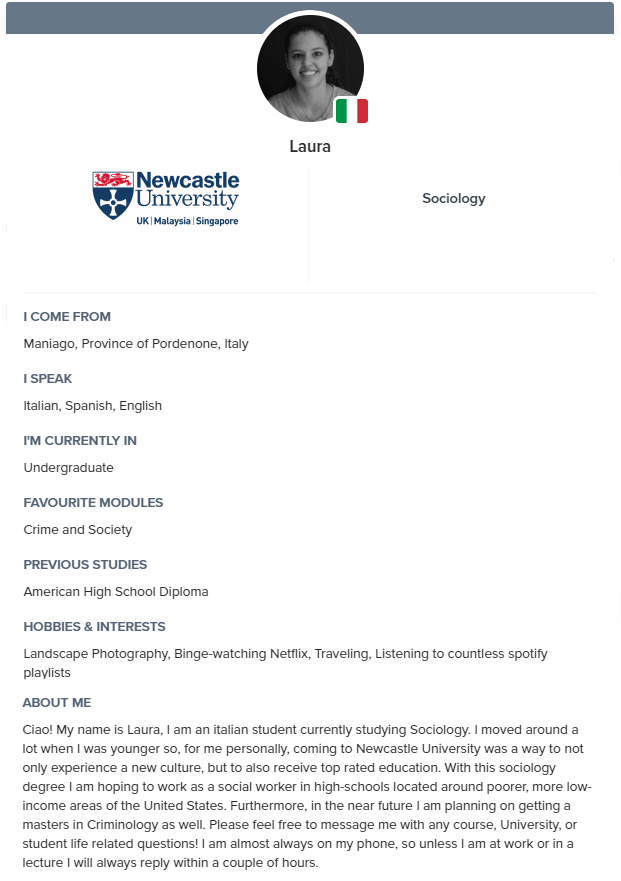Most students apply independently – all the advice and help you need can be found here on ucas.com, or by asking us questions on Facebook or X.
Alternatively, you could choose to seek help from a local adviser – a member of staff at a school, college, university, advisory service or agency that provides information about studying in the UK. Sometimes advisers are referred to as education agents or counsellors.
- They can sometimes help you with your UCAS application or visa application.
- It’s your choice whether you use an adviser or not – they can offer valuable support, but if you don’t use an adviser you’ll not be disadvantaged in any way.
- If the adviser is registered as a UCAS centre they'll have access to the best advice and can oversee your application through UCAS’ online system. These centres are widely considered as a trusted source of applications by universities and colleges.
- Please note, some advisers may charge for their services if they're agents.
The UK education sector has an Agent Quality Framework (AQF) in place, a suite of tools and guidance to enhance the experience of international students working with education agents and counsellors to apply to study in the UK.
As well as providing agents, counsellors, and higher education providers with training on best practice in international student recruitment and support, the AQF also includes a guide for international students and their parents on choosing an education agent.
The guide outlines the help an education agent should provide you with, what to look for when selecting an agent, and the key questions you should ask your agent. It also highlights the UK’s global database of certified counsellors, which lists all agents and counsellors who have been certified for their knowledge and awareness of the UK as a study destination through British Council training, and hold a certificate and the ‘I am a UK Certified Counsellor’ digital badge.
Visit the British Council website for information on the AQF and to read the student and parent guide.


